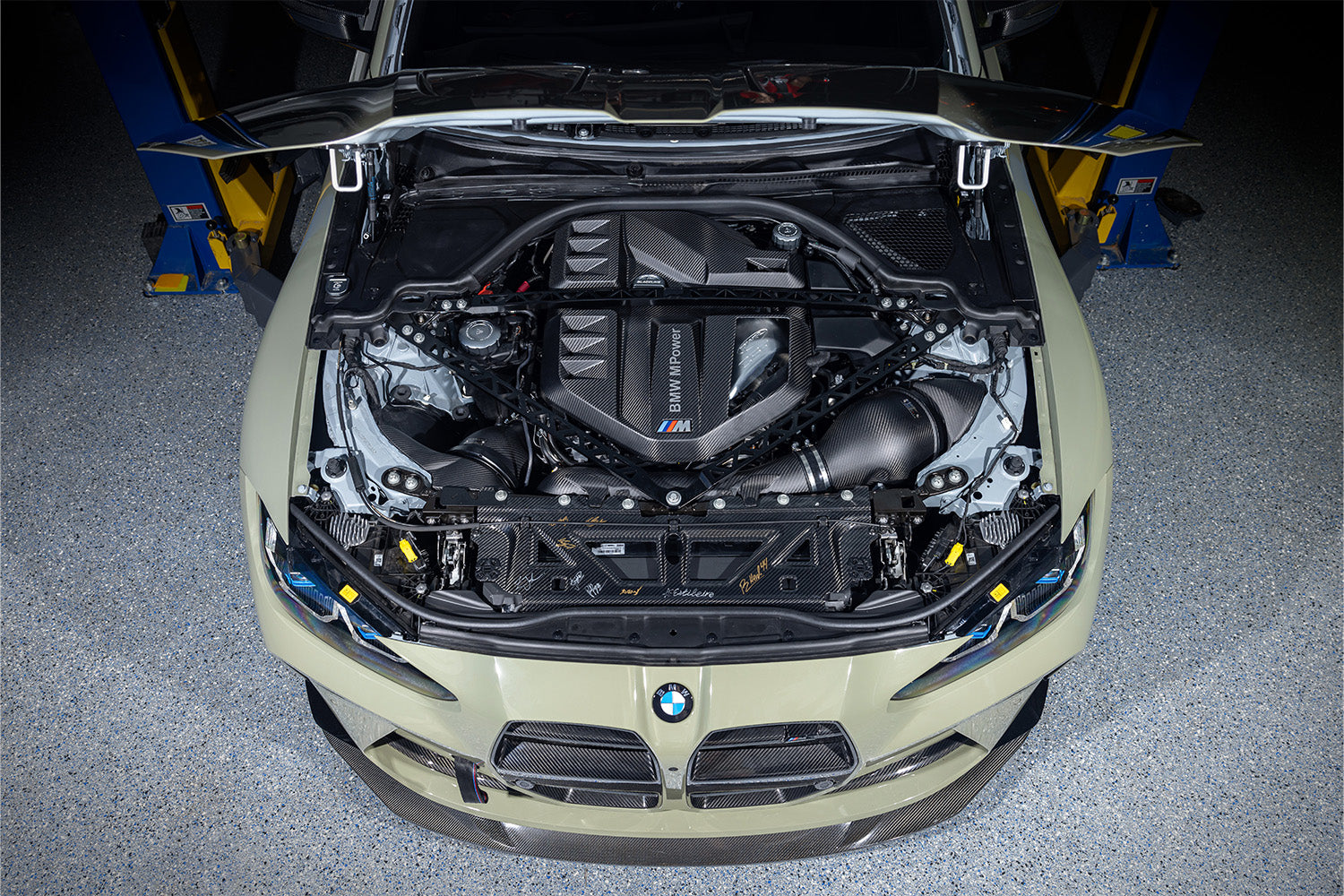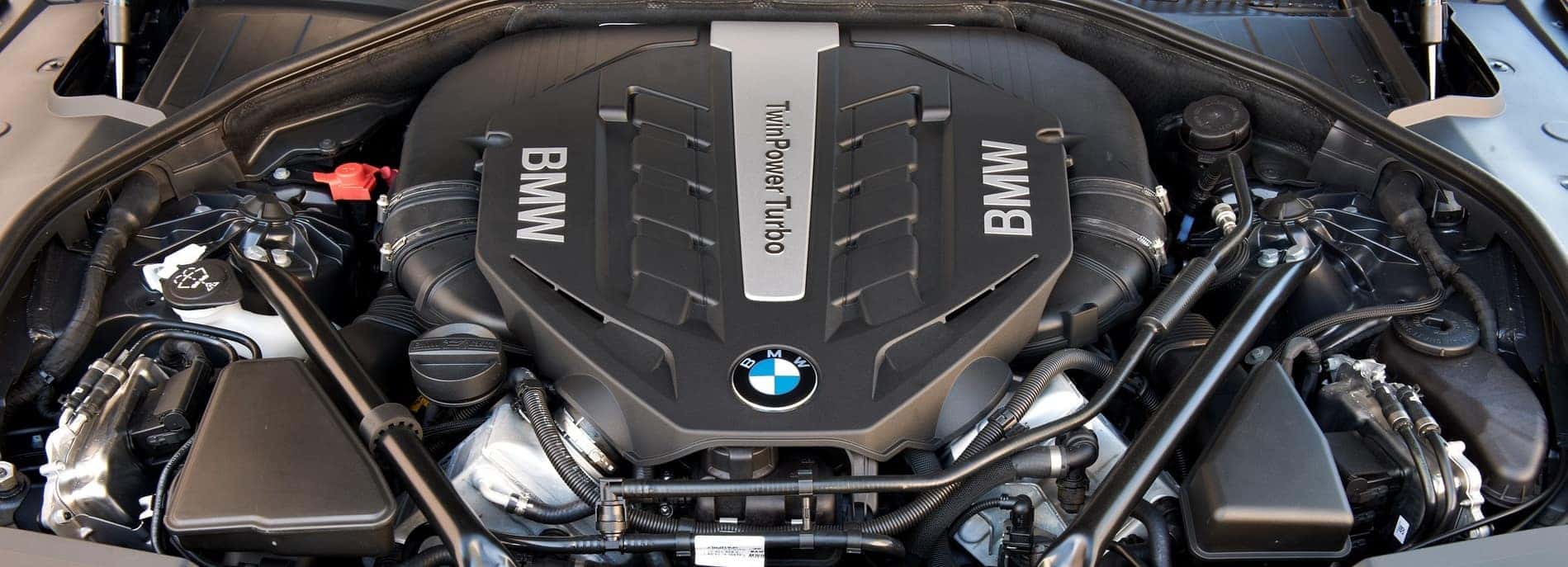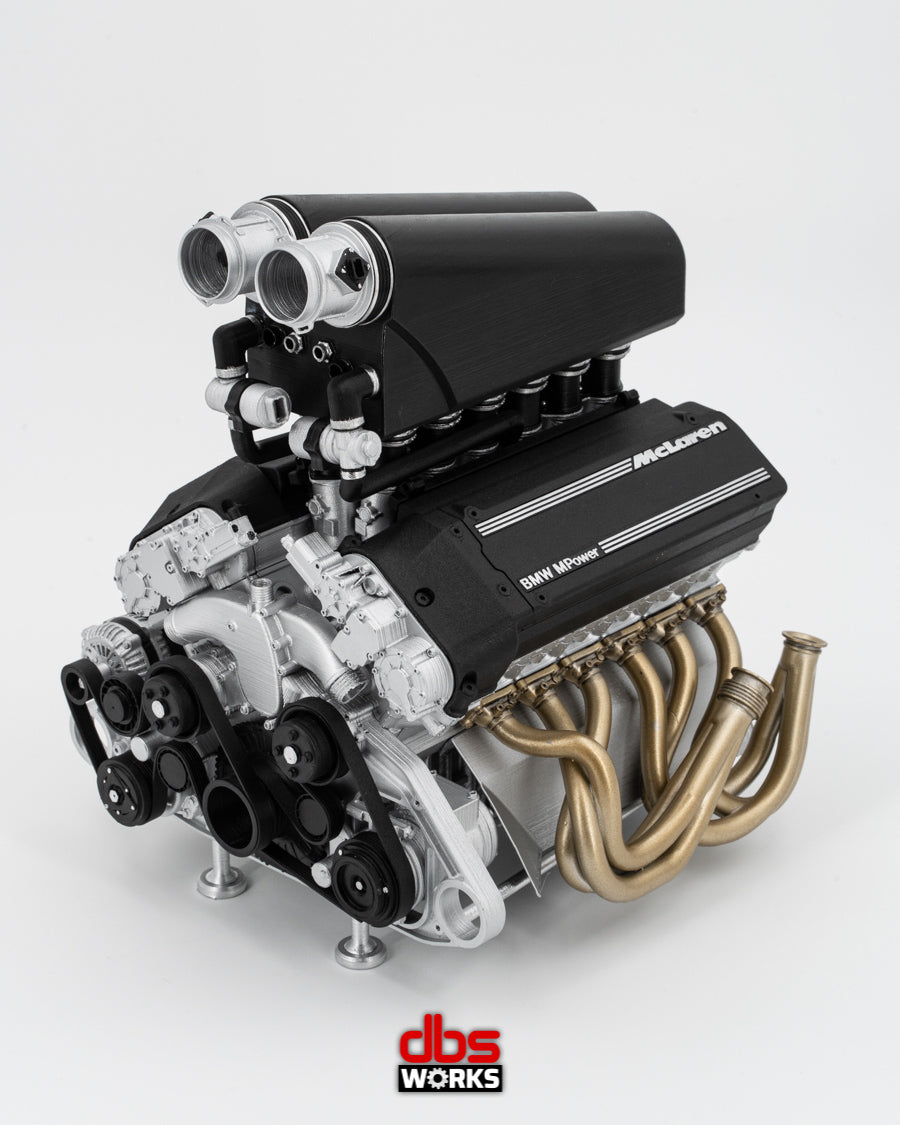Revealing the Intricacies of Next-Generation Power Units: a Deep Dive Into Advanced Engine Innovations and layouts
As we stand on the precipice of a brand-new era in transportation, the ins and outs of next-generation engine designs beckon us to explore the sophisticated innovations and developments that guarantee to redefine the driving experience. Digging deeper into the realms of emission control, intelligent engine management systems, and the perspective of power device advancement, we locate ourselves on the cusp of an improvement that assures to reshape the landscape of mobility as we understand it.
Advancement of Engine Materials

The shift towards progressed engine materials has additionally made it possible for designers to make engines with higher power outcomes while preserving gas performance criteria. As an example, making use of light-weight products lowers the total weight of the engine, leading to boosted fuel economic climate and lower discharges. Furthermore, innovations in products modern technology have actually permitted for much better thermal monitoring within engines, leading to boosted dependability and durability.
Turbocharging and Supercharging Technologies
Exactly How do Turbocharging and Supercharging Technologies transform engine performance and performance in contemporary vehicles? Supercharging and turbocharging are technologies that significantly boost engine performance by increasing the quantity of air intake right into the burning chamber. Turbocharging achieves this by utilizing a generator driven by exhaust gases to pressurize the intake air, while turbo charging makes use of a belt- or chain-driven compressor to accomplish the very same impact.
These technologies make it possible for smaller sized, extra fuel-efficient engines to generate power comparable to larger ones, called downsizing. Forcibly more air into the cylinders, supercharging and turbocharging boost burning effectiveness, causing boosted horsepower and torque outcome without a significant boost in engine dimension. This results in better velocity, hauling ability, and overall driving performance.
In addition, supercharging and turbocharging add to boosted fuel effectiveness by permitting the usage of smaller sized engines that consume less gas under regular driving conditions - bmw engine. This combination of boosted performance and effectiveness has actually made turbocharging and supercharging essential elements of several modern-day engine layouts
Emission Control and Environmental Impact
With boosting international worries pertaining to air quality and environmental sustainability, the application of exhaust control technologies in cars plays an important duty in reducing damaging pollutants released into the ambience. Modern vehicles are equipped with sophisticated emission control systems that help reduce the ecological influence of automotive procedures. Catalytic converters, as an example, are designed to transform poisonous gases such as carbon monoxide gas, nitrogen oxides, and hydrocarbons into less hazardous substances like carbon dioxide and water vapor.
Furthermore, developments in engine modern technology, such as the assimilation of exhaust gas recirculation systems and careful catalytic reduction, have considerably added to lowering emissions. These technologies operate in tandem to maximize burning effectiveness and reduce the release of hazardous pollutants right into the air. In addition, the advancement of crossbreed and electrical automobiles represents a vital step in the direction of lowering the total ecological footprint of the transportation field.
Intelligent Engine Administration Systems

Furthermore, these systems published here make it possible for automobiles to meet rigid emissions criteria without jeopardizing performance, giving a much more eco-friendly driving experience. The assimilation of man-made intelligence and machine discovering capabilities in engine administration systems remains to push the boundaries of what is possible, resulting in additional enhancements in performance, reliability, and general car efficiency. bmw engine. As automobile modern technology developments, smart engine management systems will play a vital role fit the future of transport towards a much more lasting and reliable direction
Future Trends in Power System Growth
As intelligent engine administration systems pave the means for enhanced control and optimization in contemporary automobiles, future fads in power unit development are positioned to redefine the landscape of automotive propulsion innovations. Among the vital trends driving development in power system advancement is the change towards electrification. With an enhancing focus on sustainability and minimizing carbon exhausts, crossbreed and electrical powertrains are becoming more prevalent in the automobile market. These alternate source of power provide enhanced effectiveness and performance while lining up with rigid ecological regulations.
An additional substantial pattern is the combination of advanced products and producing methods. Lightweight products such as carbon fiber and light weight aluminum are being used to decrease overall lorry weight, boosting gas performance and efficiency. In addition, advancements in 3D printing and additive production are making it possible for the production of complex engine parts with higher precision and sturdiness.
Additionally, expert system and device learning are playing an essential function in optimizing power device performance. These modern technologies enable for real-time surveillance and flexible control, leading to extra trusted and effective power delivery. Overall, future patterns in power device advancement are tailored towards sustainability, performance, and effectiveness, driving the automobile market in the direction of a new age of propulsion modern technologies.

Verdict
Finally, the advancements in engine products, turbocharging, emission control, and smart administration systems have actually led the way for next-generation power units. These advancements have not only enhanced performance and effectiveness yet likewise lowered environmental effect. As technology remains to evolve, future patterns in power device development are likely to concentrate on further improving sustainability and optimizing power result. The intricate styles and technologies in modern engines showcase the continuous evolution of automotive technology.
Checking out the modern advancements in engine materials has been critical in improving the efficiency and effectiveness of contemporary engines. Over the years, the advancement of engine products has played a vital role in pushing the limits of what engines can accomplish.The change check my site in the direction of progressed engine products has actually likewise allowed engineers to create engines with higher power outcomes while preserving gas effectiveness standards.The application of smart engine administration systems in modern-day cars has revolutionized the way engines are controlled and check that optimized for efficiency and performance. By gathering data in real-time and assessing it with sophisticated formulas, smart engine administration systems can adapt to driving designs, ecological elements, and engine health and wellness to make the most of power output while minimizing gas usage and emissions.
Comments on “The Role of BMW Engine Design in Getting Exceptional Fuel Performance”